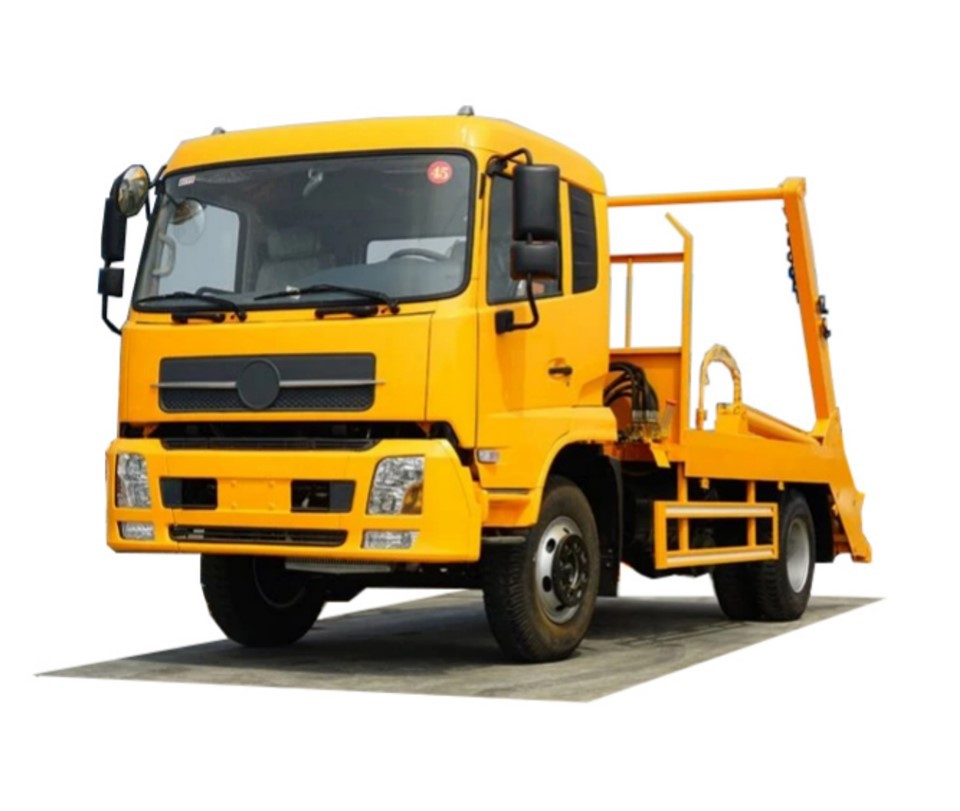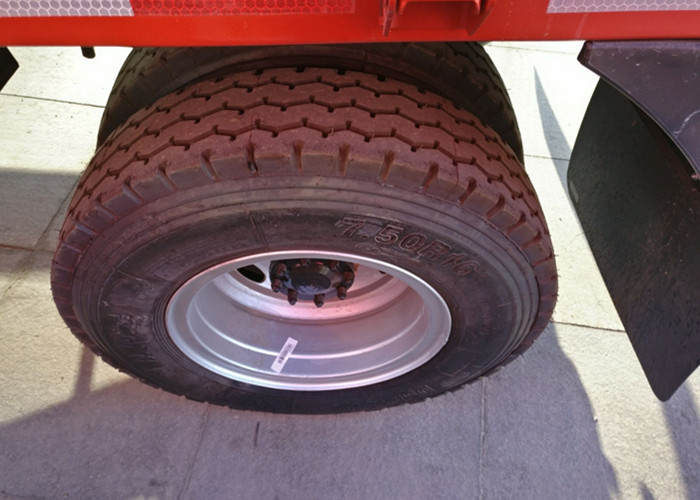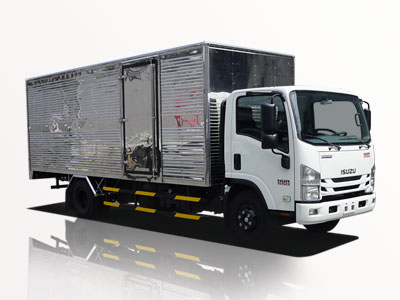When it comes to heavy-duty towing, rotator tow trucks stand out as some of the most versatile and powerful vehicles in the industry. If you’re in the market for a rotator tow truck for sale, understanding the features, types, costs, and maintenance tips will help you make a well-informed decision. This article dives deep into all aspects of rotator tow trucks, providing you with everything you need to know before making your purchase.
What is a Rotator Tow Truck?
A rotator tow truck is a specialized towing vehicle designed for handling heavy and difficult-to-move objects, from big rigs to construction machinery. Equipped with a rotating boom, these trucks offer superior maneuverability and flexibility, making them essential for various towing operations.
Key Features of Rotator Tow Trucks
- 360-Degree Boom Rotation: Allows for easy access in tight spaces and complex recovery scenarios.
- High Weight Capacity: Can handle larger vehicles and heavy loads effectively.
- Advanced Stabilization Systems: Ensures safety during towing operations by preventing tipping.
- Variety of Attachments: Capable of using different hooks, straps, and winches tailored to specific towing needs.
Types of Rotator Tow Trucks
There are several types of rotator tow trucks available on the market, each designed to meet specific needs and applications.
Heavy-Duty Rotators
Heavy-duty rotator tow trucks are built to handle the toughest jobs. They typically feature robust engines and reinforced frames, making them ideal for commercial applications.
Medium-Duty Rotators
Medium-duty models are more versatile, often used for lighter machinery as well as passenger vehicles. They strike a balance between power and ease of use.
Light-Duty Rotators
These trucks are best suited for smaller vehicles and light towing needs. They offer great maneuverability but at the cost of lower weight capacities.
Considerations When Buying a Rotator Tow Truck
1. Weight Capacity
Determine the maximum weight you’ll need to tow. Rotator tow trucks generally range from 25,000 to over 50,000 pounds in lifting capacity. Choose one that accommodates your needs.
2. Boom Length
The length of the boom affects the truck’s versatility. Longer booms can reach more challenging angles, making them essential for recovery in limited spaces.
3. Engine Power
Incorporating strong engine power will determine your truck’s performance. Look for engines that provide adequate torque and horsepower for heavy lifting and towing.
4. Features and Attachments
Examine the truck for various useful attachments such as winches, safety chains, and storage compartments, which enhance its functionality.
5. Brand Reputation
Research the best manufacturers and consider brands with proven track records in the towing industry. Brands like Freightliner, Kenworth, and International have established considerable reputations.
6. Price Range
The price of rotator tow trucks can vary significantly based on their features, condition (new or used), and brand. Set a budget while factoring in your long-term operational needs.
Where to Find Rotator Tow Trucks for Sale
1. Dealerships
Visiting authorized dealerships for major truck brands can provide you with insights and options for new and certified pre-owned rotator tow trucks.
2. Online Classifieds
Websites like Craigslist, eBay, and specialized trucking forums often have listings for both new and used rotator tow trucks, allowing buyers to compare prices and features easily.
3. Auctions
Attend towing or trucking auctions where you might find rotator tow trucks at discounted prices. Online auction sites can also be a good source of opportunities.
4. Towing Associations
Networking with towing professionals through associations can help you learn about available trucks or connect you with sellers.
Cost of Rotator Tow Trucks
| Type | Average Price Range |
|———————–|————————–|
| Heavy-Duty Rotators | $100,000 – $200,000 |
| Medium-Duty Rotators | $50,000 – $100,000 |
| Light-Duty Rotators | $30,000 – $50,000 |
| Used Rotators | $20,000 – $150,000 |
Financing and Insurance Options
1. Financing Options
Consider financing options available for your purchase. Many banks and financial institutions offer specific loans for commercial vehicles, including tow trucks.
2. Insurance for Rotator Tow Trucks
Insurance is crucial for protecting your investment. Speak with brokers who specialize in commercial vehicle insurance to get the best rates and coverage.
Maintenance Tips for Rotator Tow Trucks
1. Regular Inspections
Conduct regular inspections on the hydraulic systems, booms, and winches to ensure all components operate smoothly and safely.
2. Routine Oil Changes
Change the oil in the engine and hydraulic systems as per manufacturer recommendations. Keeping fluids clean is essential for optimal truck performance.
3. Tire Care
Inspect tires frequently for wear and tear, and maintain appropriate air pressure to enhance performance and fuel efficiency.
4. Wash and Wax
Regular washing and waxing protect the paint and body from rust and corrosion, extending the truck’s lifespan.
Practical Examples of Rotator Tow Truck Uses
1. Vehicle Recovery
Rotator tow trucks can lift and relocate vehicles from accident scenes, making them indispensable for law enforcement and roadside assistance.
2. Heavy Machinery Transport
These trucks are essential for transporting heavy construction equipment, such as bulldozers and excavators, between job sites.
3. Roadside Services
In addition to towing, they provide roadside assistance services, including tire changes and jump-starts for disabled vehicles.
4. Emergency Situations
During natural disasters or other emergencies, rotator tow trucks are used to clear debris, perform rescues, or transport critical supplies.
Frequently Asked Questions (FAQ)
1. What’s the typical lifespan of a rotator tow truck?
With proper maintenance, rotator tow trucks can last between 10 to 15 years or longer, depending on usage and care.
2. Can I operate a rotator tow truck with a regular driver’s license?
Most states require a commercial driver’s license (CDL) for operating vehicles over a certain weight. Check local regulations for specifics.
3. Are rotator tow trucks more expensive to insure?
Yes, due to their size and the risk associated with towing large loads, insurance for rotator tow trucks can be higher compared to standard vehicles.
4. How do I find the right rotator tow truck for my business?
Assess your towing needs, budget, and the types of vehicles you frequently tow. Research and compare models to find the best fit.
5. Are there any grants available for purchasing rotator tow trucks?
Some local and federal programs may offer grants or financing options for businesses in the towing industry. Research opportunities in your area.
6. What maintenance is required for a rotator tow truck?
Regular inspections, oil changes, tire care, and cleaning are essential maintenance tasks that keep your rotator tow truck in top condition.



